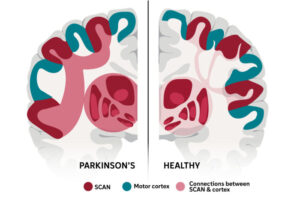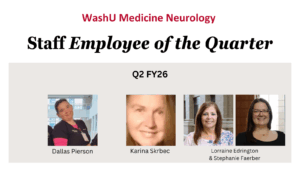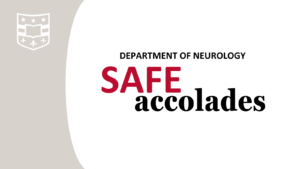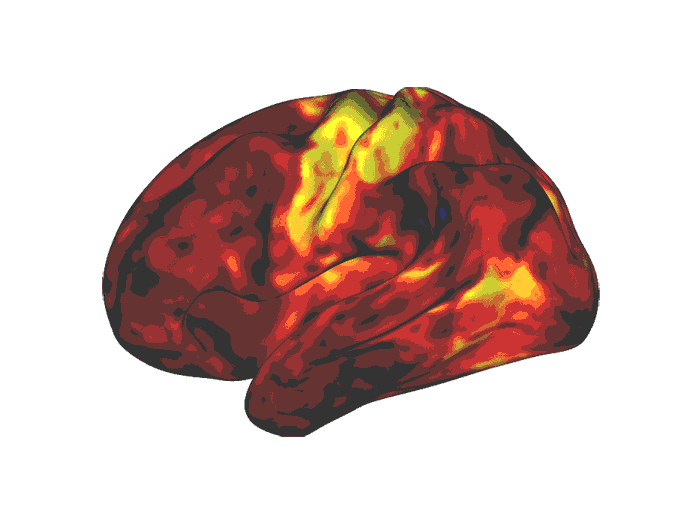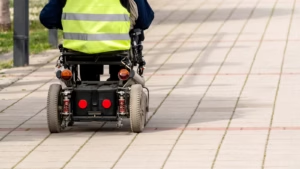Parkinson’s disease, a progressive neurological disorder affecting more than 1 million people in the U.S. and more than 10 million globally, is characterized by debilitating symptoms such as tremors, movement difficulties, sleep disturbances and cognitive impairments. While current treatments, including long-term medication and invasive deep brain stimulation (DBS), can alleviate symptoms, they cannot halt progression […]
Brain network responsible for Parkinson’s disease identified (Links to an external site)
